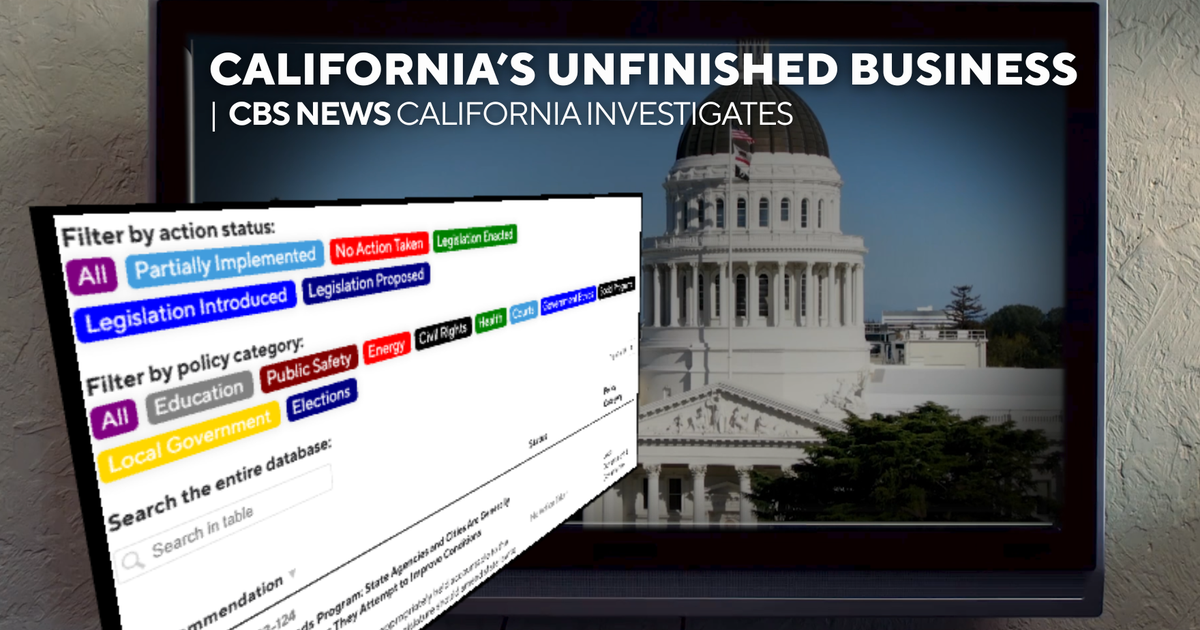ID.me says users can delete selfies following IRS backlash
The verification company ID.me said it will let anyone who created an account through the company to delete their selfies starting March 1, and that it was allowing government agencies using the service to skip the selfie step altogether.
The move comes two days after the Internal Revenue Service said it would stop using face-recognition technology to authenticate taxpayers when they create online accounts. The IRS' decision to contract with ID.me caused a backlash from privacy advocates, taxpayers and lawmakers against the image-based verification system.
Previously, ID.me identified users by asking them to take a selfie and matching it to a photo document, like a driver's license. If that step failed, some users could confirm their identity through video chat.
The video chat option will now be available broadly. However, it will be up to government agencies using ID.me to decide whether to keep requiring selfies, a spokesperson for the company said.
"In recent weeks, we have modified our process so government agencies can empower people to choose to verify their identity with an expert human agent without going through a selfie check. Agencies can now select this configuration," ID.me's CEO and founder, Blake Hall, said in a statement.
It's not clear how widespread the video chat option will be, as some users of ID.me have complained of long wait times or being unable to speak to a video agent. The company last month increased hiring to try to meet the higher demand.
"There's always a concern that ... people will decide to use facial recognition because the other options are too cumbersome and time-consuming," Jeramie Scott, senior counsel at the Electronic Privacy Information Center, told CBS MoneyWatch last week.
Anyone who has previously uploaded a selfie with ID.me will be able to delete it at account.ID.me beginning on March 1, the company said.
IRS backs off face ID
The IRS on Monday said it would shift away from use of the facial-recognition technology "over the coming weeks" to avoid disruptions during tax-filing season, which is already facing a backlog of returns and paperwork. The plan had drawn criticism among civil liberties advocates and ordinary taxpayers over concerns that the system — which requires users to upload their ID and submit a selfie or video chat with an agent — could provide troves of personal information to hackers.
- Lawmakers press IRS to drop controversial selfie software ID.me
- The IRS wants your selfie. ID.me CEO says don't worry about it
On Monday, four congressional Democrats urged the IRS to pause its use of facial-recognition technology, citing concerns about privacy, data security and access for people without internet acces, echoing concerns raised by Senator Ron Wyden and 15 Republican senators the week before.
In its statement that it will move away from using third-party face-recognition technology, the IRS added that it will develop "an additional authentication process that does not involve facial recognition." It didn't specify what that process would include.
"The IRS takes taxpayer privacy and security seriously, and we understand the concerns that have been raised," IRS Commissioner Chuck Rettig said in the statement. "Everyone should feel comfortable with how their personal information is secured, and we are quickly pursuing short-term options that do not involve facial recognition."
Privacy groups praised the IRS' move and pushed for other government agencies using ID.me to follow suit.
An IRS spokesperson previously told CBS MoneyWatch that the agency has wanted to strengthen its security systems, but has been stymied by a lack of congressional funding for tech upgrades.
The agency announced its partnership with ID.me in November. But the arrangement received little scrutiny until January, when security researcher Brian Krebs documented the process of verifying his identity by uploading documents, trying to take a selfie and connecting to an agent via video chat.
As lawmakers and privacy experts expressed opposition to the plan, a U.S. Treasury Department official told CBS MoneyWatch that the agency was looking into alternatives.
Civil rights advocates have long pointed out that facial recognition is less accurate for people with darker skin tones. Critics also said that requiring taxpayers to use ID.me to access their IRS accounts could also disadvantage people who lack high-speed internet access and the ability to connect with an agent by video.
In a recent interview with CBS MoneyWatch, ID.me CEO Blake Hall said the company's technology is more inclusive than other identification options — many of which won't verify anyone who lacks a credit report, for instance — and more secure. The company has prevented fraud in "tens of thousands" of cases, he said.
"What we're doing is simply the digital equivalent of what every American does to open up a bank account," Hall said.



